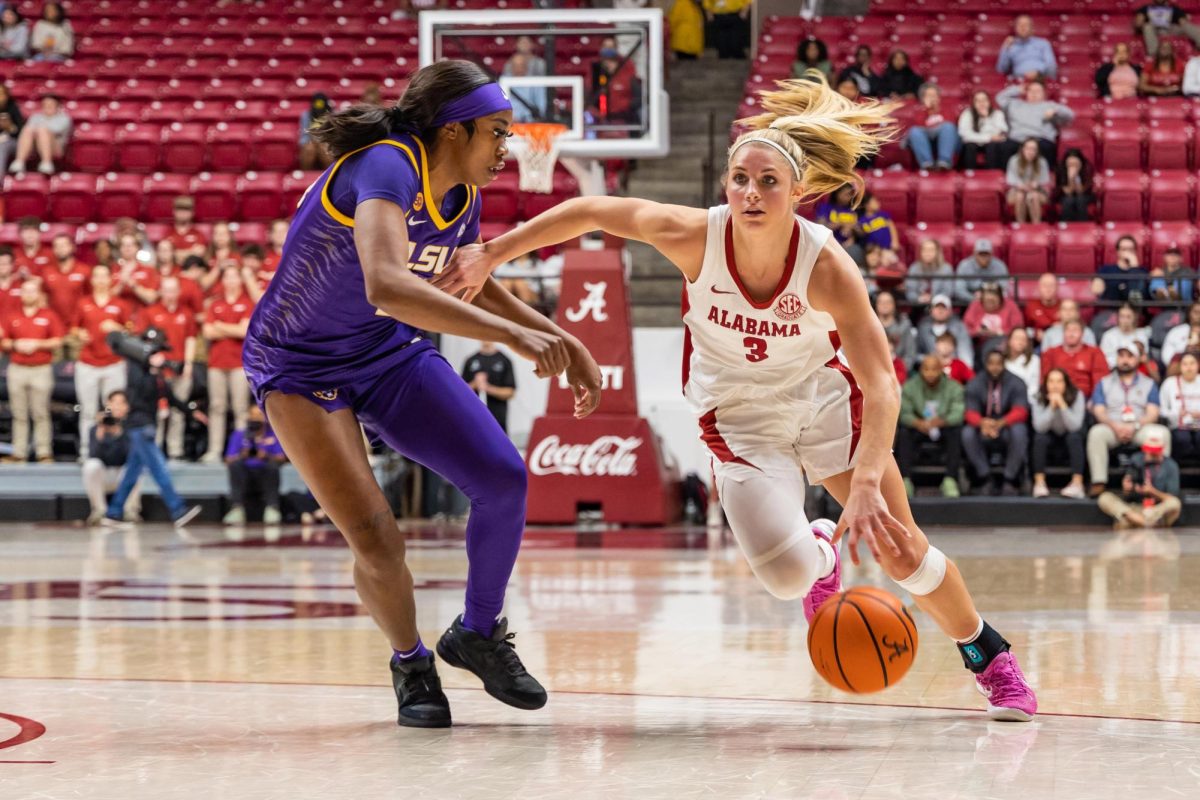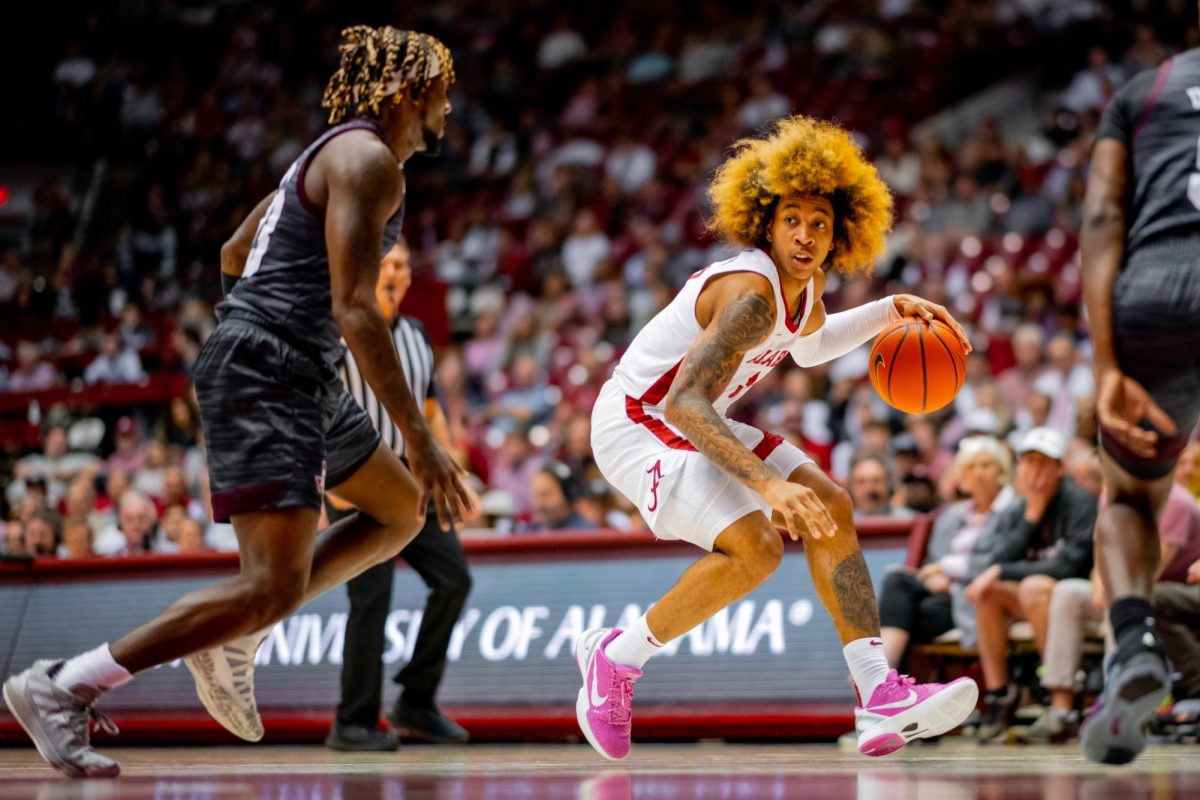The NFC Championship had finally come to Atlanta, Ga. The Falcons were NFC South Champions and the NFC’s No. 1 seed.
In the fourth quarter the Falcons were trailing 28-24, and quarterback Matt Ryan had led a 70-yard drive down to the 10-yard line with only a minute left in the game. The Falcons were 10 yards away from going to the Super Bowl. It all came down to a fourth-down throw. Ryan’s throw was on target to Roddy White but was broken up, and the San Francisco 49ers went on to the Super Bowl.
With the addition of Osi Umenyiora and Steven Jackson in the offseason, the Falcons looked to be one of the NFC favorites this year. There’s one thing most people forgot though, and that is the history of the NFC South.
Fast-forward to November 2013, and the Falcons are now 2-8, tied for worst record in the NFC. If you look at the past, the history of the NFC South could have told you this was coming.
Since the creation of the NFC South in 2002, no team has repeated as champions. In fact, from 2003 to 2009 the team that finished last in the division made the playoffs the next year. The streak was broken in 2010 when the Tampa Bay Buccaneers went 10-6 and missed the playoffs due to a tiebreaker with the Green Bay Packers. Weird, right?
Well, it seems to be happening again. Last year the New Orleans Saints, clouded with the bounty scandal, tied for the worst record in the division at 7-9. The Saints beat the 49ers on Sunday to improve to 8-2. Sean Payton’s team has already beaten the win total from last year, and now owns the best record in the NFC South.
The immediate question is: How does this happen? You can say there were some fluke years like the 12-4 Carolina Panthers in 2008, who came out of nowhere with Jake Delhomme at quarterback, but the truth is the NFL is the most balanced pro sport. The league gives every team an equal chance to win.
Unlike baseball, a salary cap is in place, and big markets can’t buy out all the best players. The sport is also not star-driven like the NBA, where a few select stars seem to win all the championships. Even if you are unlucky in the NFL and have an awful season, your team will have the chance to get better through the draft. For example, in 2008 the Falcons drafted Matt Ryan who turned a 4-12 team into an 11-5 team.
In other cases even free agency and trades can turn a franchise around. The Saints went from 3-12 in 2005 to 10-6 in 2006 when they signed veteran quarterback Drew Brees as a free agent. The NFL proves its balance every year. Last year, it was the Indianapolis Colts drafting Andrew Luck.
Every market, big or small, has a chance to win, and for the most part they do. A good draft or a few tweaks to the roster can change a team dramatically. Maybe next year it will be your team.








